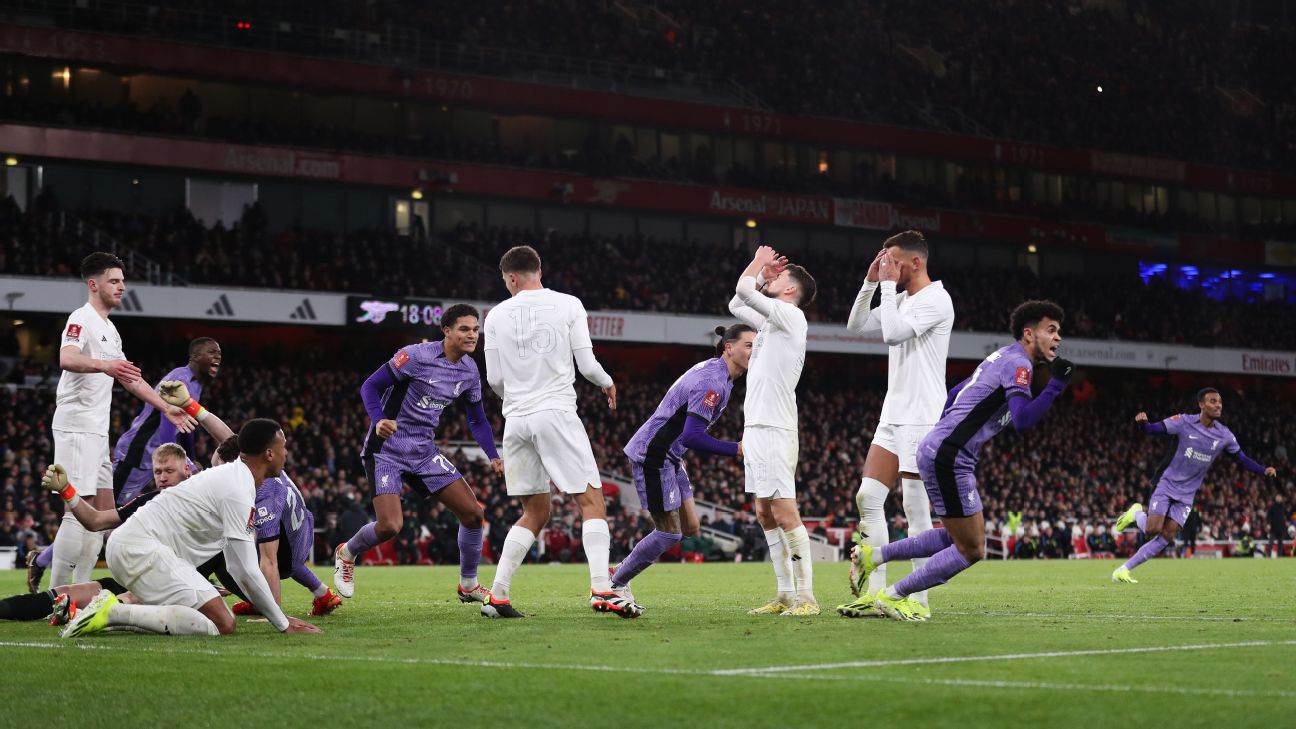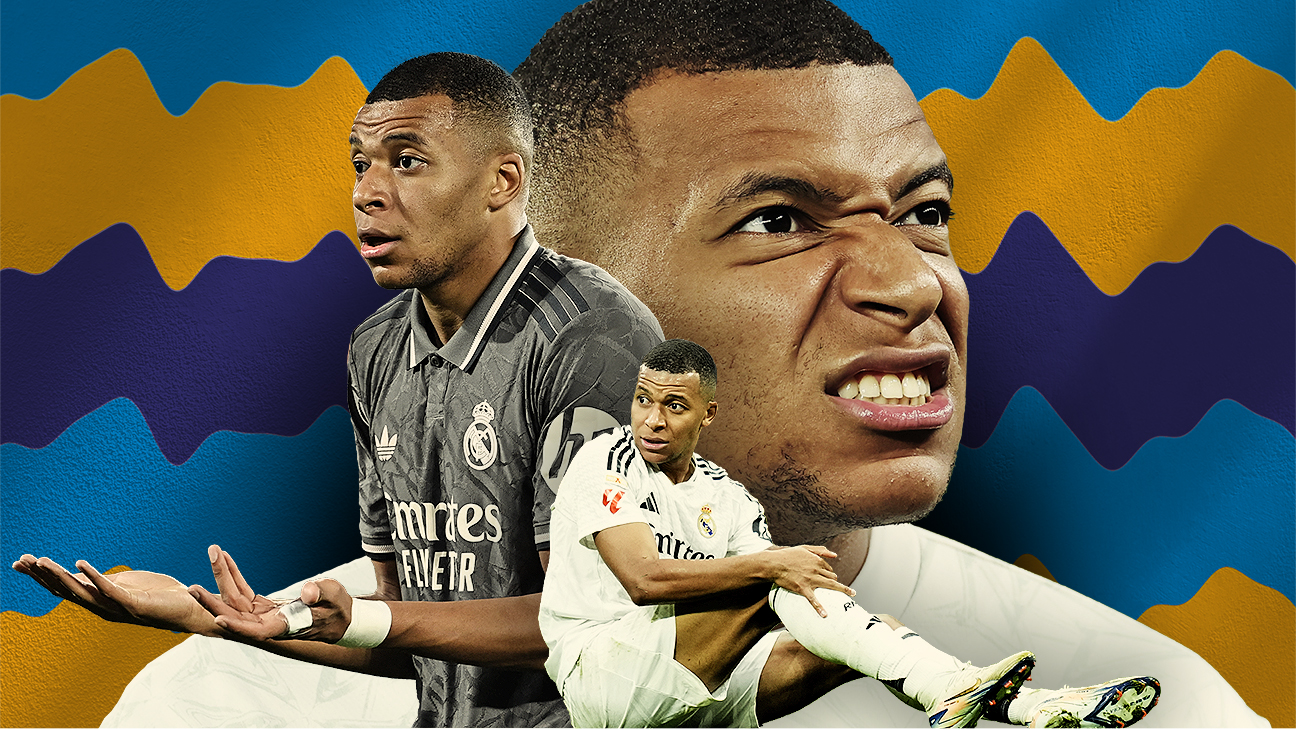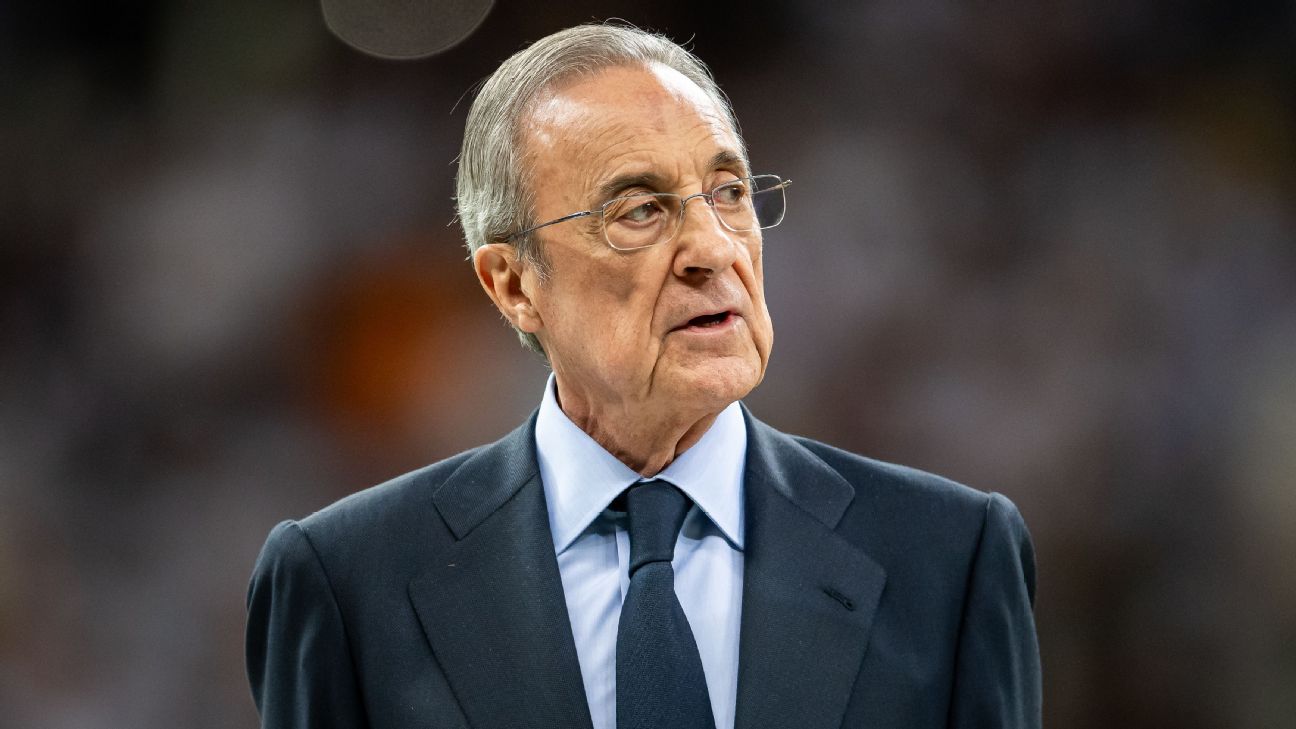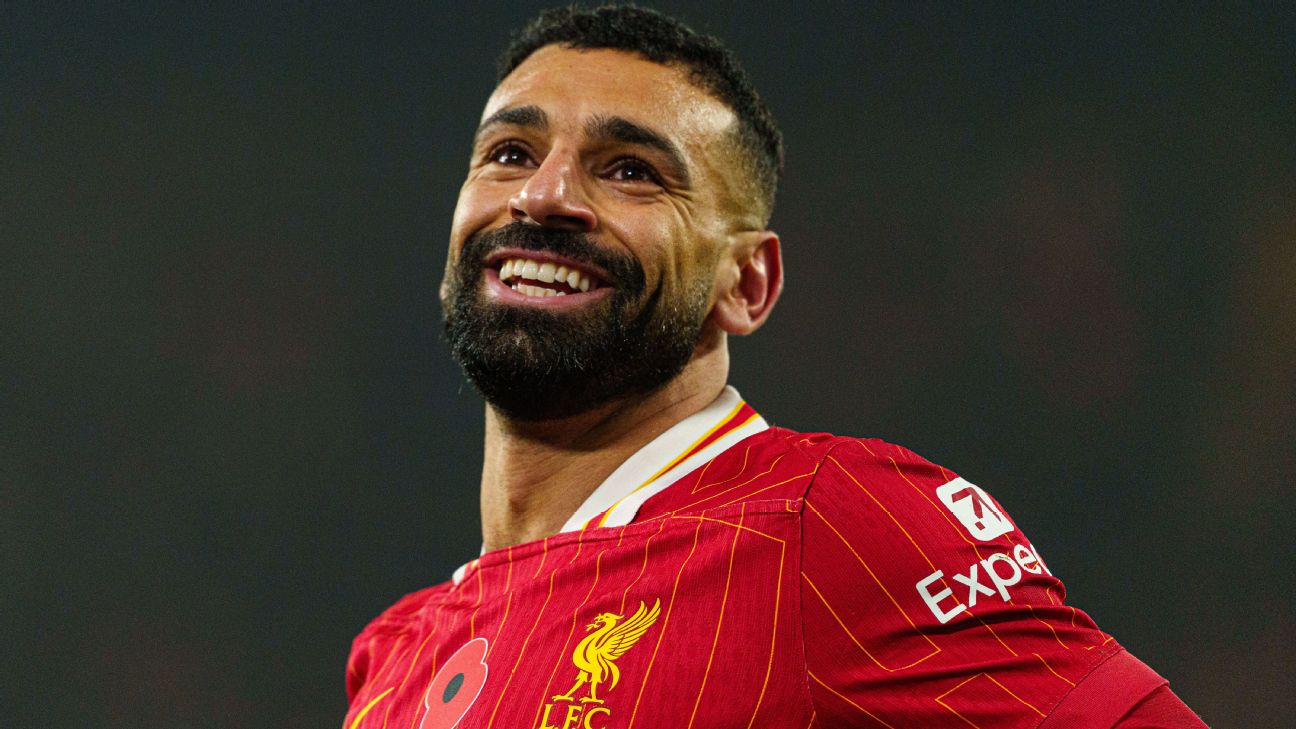It was a cup weekend in England and Spain, but the FA Cup and Copa del Rey offered plenty of talking points. In the big game of the weekend, Arsenal missed a slew of chances and were knocked out by Liverpool, while Barcelona barely scraped by minnows Barbastro and Real Madrid’s youth stars showed they can get the job done.
Serie A played a full slate even as the German Bundesliga remained idle on winter break. League-leading Inter won (although it shouldn’t have been so nerve-wracking), while Juventus picked up another win and continue to chase in second. Elsewhere, there were talking points for Man City, Atletico Madrid, Napoli and more.
– Stream on ESPN+: LaLiga, Bundesliga & more (U.S.)
It’s Monday, and Gab Marcotti reacts to the biggest moments in the world of football.
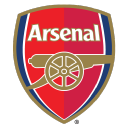
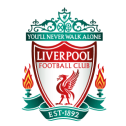 Enough knee-jerk insta-punditry: Arsenal don’t necessarily need a ‘proven striker’ after cup defeat to Liverpool
Enough knee-jerk insta-punditry: Arsenal don’t necessarily need a ‘proven striker’ after cup defeat to Liverpool
Craig Burley reacts to Arsenal’s 2-0 loss to Liverpool in the FA Cup and analyses their Premier League title hopes.
Like clockwork, if Arsenal disappoint, you’ll be sure to hear the same reaction: “Arteta needs to sign a proven goal scorer.” It’s the same again after the 2-0 home defeat to Liverpool in the FA Cup: Arsenal create a lot of chances, miss a lot of chances, ergo if they had some sort of deadeye “proven goal scorer” up front, they’d be better. (Maybe that’s where the Ivan Toney rumours come from?)
What this knee-jerk thinking — which, by the way, you didn’t hear a month ago when they were top of the league and had scored just two goals fewer than Liverpool and three fewer than Manchester City, whose “proven goal scorers” are Mohamed Salah and Erling Haaland — ignores is that in Mikel Arteta’s system, the center-forward is asked to do a lot more than score goals. He’s expected to create space, press, link up play and do a ton of work off the ball.
Are there guys who do all that and are also proven goal scorers? Sure, although not many, and they tend to be very expensive, which is why Arteta spent his budget elsewhere and lines up with Gabriel Jesus and Eddie Nketiah as his habitual central strikers.
I’m not a huge Gabriel Jesus guy, but he does a ton of the things Arteta asks of him. And guess what? It worked fine last season, when Arsenal scored 88 goals — 13 more than Liverpool and just six fewer than Manchester City.
Jesus was unavailable against Liverpool, and during a torrid first half we witnessed Arsenal create a bunch of chances and fail to take them. Some of those fell to Kai Havertz, the nominal center-forward on the day; others came to Martin Ødegaard, Reiss Nelson and Bukayo Saka. Had any of those guys scored, maybe we wouldn’t be having the “proven center-forward” discussion right now. (Another point: Havertz played more at center-forward in his last two seasons at Chelsea than any other role, but because we love our labels, he somehow doesn’t count.)
The point is that we can’t have it both ways. We can’t praise Arteta for instilling a certain type of system with a very young team, and then criticise him not having a traditional center-forward. If you want him to rip up his game plan and have a central attacking terminus, fine. If you like what he has done over the past 18 months, then please appreciate that simply adding a “proven goal scorer” is likely to have a knock-on effect.
Incidentally, Manchester City won the Premier League title (and went deep in the Champions League and FA Cup) two years ago with Gabriel Jesus — yeah, the same guy who now plays for Arsenal — at center-forward scoring just eight goals, and Kevin De Bruyne, Raheem Sterling, Riyad Mahrez and Phil Foden (none of whom is a “proven center-forward”) as his leading scorers. It shouldn’t take a genius to see that Arteta draws his inspiration, in part, from that pre-Haaland City side.
In fact, Arteta has a bunch of positives to take away from this performance, fluffed chances aside. They dominated top-of-the-table Liverpool for much of the first half. The Jorginho-Declan Rice partnership worked well and is worth revisiting, at least in certain games: it frees Rice to make forward runs; it gives you a press-resistant playmaker; and the 4-2-3-1 gives Ødegaard more freedom to operate.
As for Havertz, frustrating as his finishing (and some of his decision-making) was, so much of his work off the ball was notch. Rather than messing around with Nketiah in Jesus’ absence, it makes sense to give him another shot up front. Yes, they lost, but it was to an own goal and a garbage-time strike from Luis Díaz.
As for Liverpool, any assessment really should consider that they were without their best defender (Virgil van Dijk), best midfielder (Dominik Szoboszlai), best forward (Mohamed Salah) and first- and second-choice left-backs (Andy Robertson, Kostas Tsimikas). Plus there was Alexis Mac Allister, still not fully fit and still not ideally suited to play in front of the back four.
I tend to judge managers on tactics, in-game decisions and their ability to improve players rather than rousing half-time speeches. But in this case, you have to concede that whatever Jurgen Klopp told his men at half-time worked. They knew how badly they were battered in the first half, and they bought into the message. More than his tactical tinkering (which included moving Díaz, Darwin Núñez, Cody Gakpo and Harvey Elliott around), that’s what got Liverpool back into this game.
This is still a side where too many individuals (Darwin, Gakpo, Mac Allister) aren’t firing on all cylinders while others, like Trent Alexander-Arnold (princely in his passing, a revolving door defensively) continue to show the same flaws. But until they improve, Klopp is squeezing as much as he can out of them. And if he finds the way to get them to click, they’ll be favourites for the title race.
 Uncomfortable Inter roller coaster ends in a win, but their need for a striker is obvious
Uncomfortable Inter roller coaster ends in a win, but their need for a striker is obvious
The long-running joke is that Inter is “pazza” (or “crazy”): it’s even the chorus in the club anthem. The fact that they’ve been solid and successful all year hasn’t quite banished this side of their DNA, and on Saturday, it was back in full force.
On Saturday, against relegation-threatened Verona, they were 1-0 up and cruising when Simone Inzaghi sent on Marko Arnautovic for Marcus Thuram. With his first touch, Arnautovic lost the ball, which led directly to a Verona counter from which Thomas Henry (no relation to Thierry) equalized.
A few minutes later, Arnautovic managed to stop his teammate Benjamin Pavard’s goal-bound header right on the line (obviously, it was inadvertent). And in injury time, he managed to somehow not connect on a header that was looping right towards his noggin while he stood on the goal line. You don’t want to pick on him, but yeah: this was perhaps the worst 20-odd minutes you’ve seen from a center-forward.
That wasn’t even the most dramatic part of the game. Inter took the lead through Davide Frattesi in the third minute of injury time, a goal that VAR should have struck off for Alessandro Bastoni’s elbow on Ondrej Duda. And then they somehow conceded a penalty in the 10th minute of injury time, which Henry sent against the post.
How’s that for a quiet January afternoon at the San Siro?
It’s easy to focus on the incidents, but we shouldn’t lose sight of two main takeaways. The first is that despite the VAR error in their favor, Inter actually played well and should never have been in that position late on. The other is that going the rest of the season with Arnautovic and Alexis Sánchez (who have one goal between them) as your backup forwards is playing with fire.
Inter have pretty tight financial fair play restrictions, which means somebody elsewhere might need to be sacrificed. But you need some kind of insurance against injury up top. And neither of those two fills you with confidence right now.
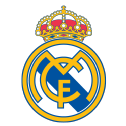 Arda Güler gets the headlines, but Carrillo and Tobias might be more significant for Real Madrid in the short term
Arda Güler gets the headlines, but Carrillo and Tobias might be more significant for Real Madrid in the short term
Carlo Ancelotti relied heavily on the reserves and youth players in Real Madrid’s 3-1 win over Arandina in the Copa del Rey this weekend. All eyes were on the debut of 18-year-old Güler — understandable, given the hype that accompanied his arrival at the Bernabeu — and the teenager did not disappoint, despite not having played competitive football in more than six months due to injury.
But two other youngsters, Vinícius Tobias and Alvaro Carrillo, might prove more important to the remainder of Madrid’s season, assuming Ancelotti was fibbing when he said that, despite the long-term injuries of Éder Militão and David Alaba, the club wouldn’t be adding defenders in the January transfer market.
Ancelotti insisted that he’s OK with Antonio Rüdiger and Nacho (34 later this month) as his central defenders, with Aurélien Tchouaméni and Dani Carvajal as the backups. Of course, the issue is that Tchouaméni has hardly played in defence and Carvajal is Madrid’s first-choice right-back.
Can you adapt for a few games, maybe with Lucas Vázquez coming in at right-back? Sure. But what if you need cover for several weeks or even a month?
If Ancelotti is serious and nobody is coming in — I still think they might revisit the notion — then having Tobias or Carrillo as alternatives might prove invaluable down the stretch. And we might remember the Arandina game as the moment it all began.
 Juventus do it their way (again), except now with kids…
Juventus do it their way (again), except now with kids…
Juventus are second in the Serie A table and have collected 14 wins this season. Ten of them (including their past nine) have come with a one-goal margin, often with late goals — like the tremendous header from Dusan Vlahovic, who had done very little to that point, that felled Salernitana on Sunday.
Massimiliano Allegri is playing the kids out of necessity, but he’s learning that they can contribute, which is important. The Juve of recent years splashed money on pricey free agents who, frankly, add little more than what guys such as Kenan Yildiz, Samuel Iling-Junior, Hans Caviglia or Fabio Miretti give you at a fraction of the price.
Admittedly, from a football perspective, it’s not that much. Juventus looked drab and unimaginative against Serie A’s cellar dwellers — a team they’d also beaten 6-1 in the cup a few days earlier — and things improved only marginally once Salernitana went down to 10 men early in the second half. But hey, they’re just two points behind league-leading Inter and have lost just once all season. Allegri will take that.
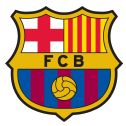 Xavi is right: Barcelona are suffering
Xavi is right: Barcelona are suffering
A trip to face Barbastro — from the Spanish fourth tier, some 110 places below Barcelona — should have been a nifty pick-me-up for Xavi’s men ahead of the Super Cup. That’s probably why he played a strong line-up, including most of his first-choice back four and guys looking to get out of their funk, like João Félix and Oriol Romeu.
Instead, while the 3-2 win means they advance and the result was never really in doubt, it turned into something of an ordeal. Barbastro managed 14 shots on goal and put together an xG 2.02, which is just not good enough. (Don’t want to count their garbage time penalty? Fine. It’s still 1.23… way too high.) Félix had another stinker, and the defence looked way too leaky.
All of it adds up to more incoming fire and doubt, which Barca really don’t need right now.
 Man City roll past Huddersfield in FA Cup, but brightest spot is Doku, De Bruyne returns
Man City roll past Huddersfield in FA Cup, but brightest spot is Doku, De Bruyne returns
Kieran Gibbs discusses how Chelsea’s victory over Preston in the FA Cup could have lifted some pressure off Mauricio Pochettino.
Manchester City putting five past Huddersfield Town — who are fighting to avoid relegation from the Championship — isn’t really news. It took them a little time to get going as the opposition played the lowest of defensive blocks, but once they did, the floodgates opened.
Far more relevant is that we saw Jérémy Doku again (after a month) and, especially, Kevin De Bruyne, who had been out since the first week of the season. Both looked good, and both, I think, are players who can really make a difference for Pep Guardiola down the stretch.
Phil Foden scored two goals and shone brightly in a central role, but De Bruyne gives you a whole different dimension there. (By the way, this doesn’t mean they can’t play together.) As for Doku, Guardiola increasingly likes the idea of the quick out ball to a speedy wide man — as evidenced by the fact that we’ve seen so much of Oscar Bobb — and he can certainly give you a lot in that role.
As for Erling Haaland, they might have to wait a little while longer for his return, but when he does come back, he’ll have no shortage of talent teeing him up.
 Napoli stumble again, aka how to destroy a team in eight months
Napoli stumble again, aka how to destroy a team in eight months
Napoli’s weekend trip to Torino ended in a 3-0 defeat and the players lining up to apologise to the visiting fans Just like president Aurelio De Laurentiis apologised last week. Just like coach Walter Mazzarri would have apologised if the club had decided to let him address the media instead of running off to some punitive training camp straight out of the 1970s.
They’ve won two games since Thanksgiving — that’s how vertical their drop has been. Thinking that Mazzarri, the “Master of Disaster,” would fix things was foolish, as with many aspects of how this club has been run of late, going back to the silly email sent to Luciano Spalletti back in the spring.
Napoli fans deserve better, that’s obvious. So what happens next?
Suck it up the rest of the year, try to get into the Europa League, hope for a run and some money to rebuild from Europe — they’re playing Barcelona in the Champions League, although they’re nothing to write home about either — and figure out what you’re going to do next year without Mazzarri and, possibly, without Victor Osimhen too.
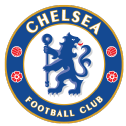 Unless something wacky happens in January, Chelsea need Broja
Unless something wacky happens in January, Chelsea need Broja
Pep Guardiola speaks after Kevin De Bruyne made his first appearance for Man City since September.
You’re probably familiar with Armando Broja’s story: hugely hyped as a youngster, impressive in loan spells at Vitesse and Southampton, and then injured for 10 of the 18 months since his return to Chelsea. He scored an impressive header to send Chelsea on their way to a 4-0 win over Preston in a game that, for most of the first half, was far closer than the final scoreline would suggest. Mauricio Pochettino’s crew looked listless and disjointed before their superior quality (Preston are in the bottom half of the Championship) made the cream rise to the top.
Back to Broja. It’s evident to most that unless Pochettino improbably conjures up some striker-less system — it’s highly unlikely he’ll do so on the fly in midseason — Chelsea ideally need more options at center-forward than Nico Jackson, the man who has been starting most of the season (and for whom the jury is most definitely still out).
Broja should be the other option, but between the fallout from his injury, missing most of preseason and general inconsistency (not to mention the chaos in the team), he hasn’t been that guy. That’s probably why Pochettino was so bullish about him postgame, talking about how Broja should “smile more,” “be positive” and “improve his body language.” (Hey, if you had scored one goal all season and were stuck on the bench behind Jackson, you’d be bummed out too.)
Maybe this goal will be remembered as a turning point for Broja. Goodness knows, Chelsea need it.
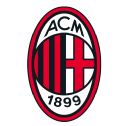 Milan win at Empoli and look like they’ve turned the corner
Milan win at Empoli and look like they’ve turned the corner
They still have a frighteningly long injury list, but Milan appear to have regained the bounce in their step. They are unbeaten in their past six games, winning five of them. What’s more, some of the youngsters who have come in — Chaka Traorè (who scored against Empoli), Álex Jiménez, Jan-Carlo Simic — have looked the part, to the point that you wonder whether maybe Stefano Pioli should have turned to them earlier.
Maybe the most significant news, though, is that Rafael Leão looks sharp again. And with Luka Jovic (who didn’t play but has been picking up his scoring pace, with five goals in the past six games) the need for another goal scorer isn’t quite as pressing. It’s hard to see them catching Inter or Juve at the top, but the gap between Milan and fifth place is a healthy seven points.
 Depay bags two in Copa for Atletico — how do you get him more minutes?
Depay bags two in Copa for Atletico — how do you get him more minutes?
Regular readers will know I have a massive soft spot for Memphis Depay, so I was delighted to see him score twice in Atletico Madrid’s 3-1 win over Lugo in the Copa del Rey. His season was obviously marred by the two months he missed in the fall, but now that he’s fit again, you wonder what he can contribute the rest of the way.
The issue is, as ever, Diego Simeone likes to play a front two. Álvaro Morata has 17 goals this season (making this the second-most prolific campaign of his career … and it’s only January) and, of course, Antoine Griezmann is Antoine Griezmann. You’re not going to break up that partnership, and, while we’ve occasionally seen Griezmann deployed deeper (in a similar role to the one he played for France), Depay also has to compete for playing time with Ángel Correa, who is a Simeone favorite.
Depay turns 30 next month and has a year and a half left on his contract. Maybe he’s OK with being a reserve, but if not, he’d be a logical guy to shift if Atleti want to raise some cash. And that way, I’d get to see more of him…
Cash for what, you say? Maybe to help sort out a back line that looks frustratingly shaky week in, week out… even against third-division Lugo.
 Pointless draw between Roma and Atalanta sees Mourinho collect his seventh red card in 2½ seasons
Pointless draw between Roma and Atalanta sees Mourinho collect his seventh red card in 2½ seasons
It wasn’t pointless in the sense that they didn’t get any points — they did, one each, in fact — but pointless in the sense that it doesn’t move the needle in what really matters to these clubs right now, taking a run at the top four.
Meanwhile, José Mourinho collecting two yellow cards and getting sent off for the seventh time since returning to Serie A in the summer of 2021 is turning him into the Sergio Ramos of managers. You can tell yourself that it’s the price you pay for his enthusiasm and passion and that it helps transmit intensity to the team and to the fans (who, to their credit, sell out the Stadio Olimpico nearly every week). Fine. But Mourinho getting sent off — and suspended, meaning he’ll miss the trip to Milan next weekend — also robs you of the guy who is supposed to offer the tactical nous and game-reading ability on the bench.
Mourinho’s defenders will point to his many injuries and to the restrictions imposed by financial fair play — they’re strict, sure, but still leave him with the third-highest wage bill in Serie A. The thing is, he had a ton of injuries last year too and those very same financial shackles. And at this point last season, Roma were four spots higher up the table and had eight more points.
